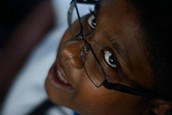Parenting Tips: Roles and Demeanour
7 Feb 14
Having been a school counsellor earlier on in my career, I had seen many children, and gave many parenting talks. After some time, I have distilled what I think are important in being a parent. Some of my ideas about what works best in parenting comes from Dr Henry Cloud and Dr John Townsend's book 'Boundaries With Kids', while other ideas come from various aspects of my life. Here's some of my insights:
- Parents play 3 important roles with their kids: 1) as Guardians who keep the child from danger and unsavoury influence, 2) as Managers who sets goals, targets, rules and consequences, as well as give incentives and motivation, and 3) as A Source of All Good Things, including shelter, love, care, nurturance, food, support, warmth, safety and more. The parent need to play all three roles and should not neglect any part. If the parent only acts as a guardian but not a manager or source of good things, the child may perceive the parent as a strict and controlling jailer who does not love him/her, so will either act out of fear or defiance without knowing how to control his/her impulses and behaviours. If the child perceives the world negatively, he/she may be very compliant, but will become very dependent on the parent for protection and decision making, and will become anxious very easily.
The parent who only play the role of the manager may grow a child who becomes materialistic and argumentative, because they do not have a chance to do things out of generosity and love, nor feel protected by the parents. The child learns that he can only count on himself for survival and so will become competitive, greedy and selfish, hoarding everything he deems good, and arguing to always get the best deal. The parent who is only a source of all good things provides everything for the child without conditions (manager role), and tend to grow a child without drive and motivation, is often wasteful, and will take things for granted. Often, parents do not just play one role, but will play one role more frequently. If you see your child developing certain characteristics that I have described, you may want to spend more time playing the other two roles to balance things up.
- Discipline is best done in a Firm, Fair, Clear and Consistent manner. Firm refers to having the 'No means no' demeanour. Many parents dote on their child too much to be able to say a firm no, so the clever child soon learns that 'No means I have not tried hard enough'. And what does one get? A child who becomes an expert in manipulating you to his will!
Being fair is especially important to parents who have more than one child, but it cannot be neglected for those with a precious one at home. What is being fair? It is really rules and ways that parents have chosen, that the child is able to understand. This means that you can tell your younger child that in the family certain privileges are only given to children of certain age, and they are not exclusive to the older sibling. This means that telling your child 'You do this because I say so' will cause your child to think that his situation is unfair because you are an adult and he is a child, so prepare for the explosives to fly when he grows into a teenager.
Being clear is about the child understanding your instructions, rules and consequences. Oftentimes, children want to do what parents tell them, because they love their parents and want to be praised and loved. But parents sometimes forget that the child has an immature brain and expect the child to understand that 'You must do your homework so we can go out later' means i)having to know what homework teacher gave today, ii) taking them out and completing all blanks in a legible manner, iii) let parent check through, iv) keep homework and stationery into bag, v) by 5pm. Your child does not know that you want him to finish everything before 5pm. Your child does not know that he has to keep his stationery and books. But you know, and you have an intelligent and mature mind, so let your child know what you expect, and give reminders.
Lastly, consistency is something that helps the child predict your reaction and behaviour, so that he can act in a safe manner. This is related to the other three factors, and allows trust to build. If you always act in a firm, fair and clear manner, your child looks at your track record and knows even before trying that a)whining does not work, b) you will not shortchange him, and c) if he follows your directions he will get his praise and rewards. What happens if the parent is inconsistent? The child learns that the parent may not be firm at any given time, may not be fair, may not give clear instructions, and may just act according to his/her mood. What does the child do then? If I were a child, I will learn to always test and see. Who knows, it might just be my lucky day! In school, this will be your unruly and disruptive child who is always testing boundaries and limits, until a point of time when he meets a firm, fair, clear, consistent teacher who is nurturing and kind, will take at least 3 months to a year to learn to trust, and slowly become more obedient and calm.




